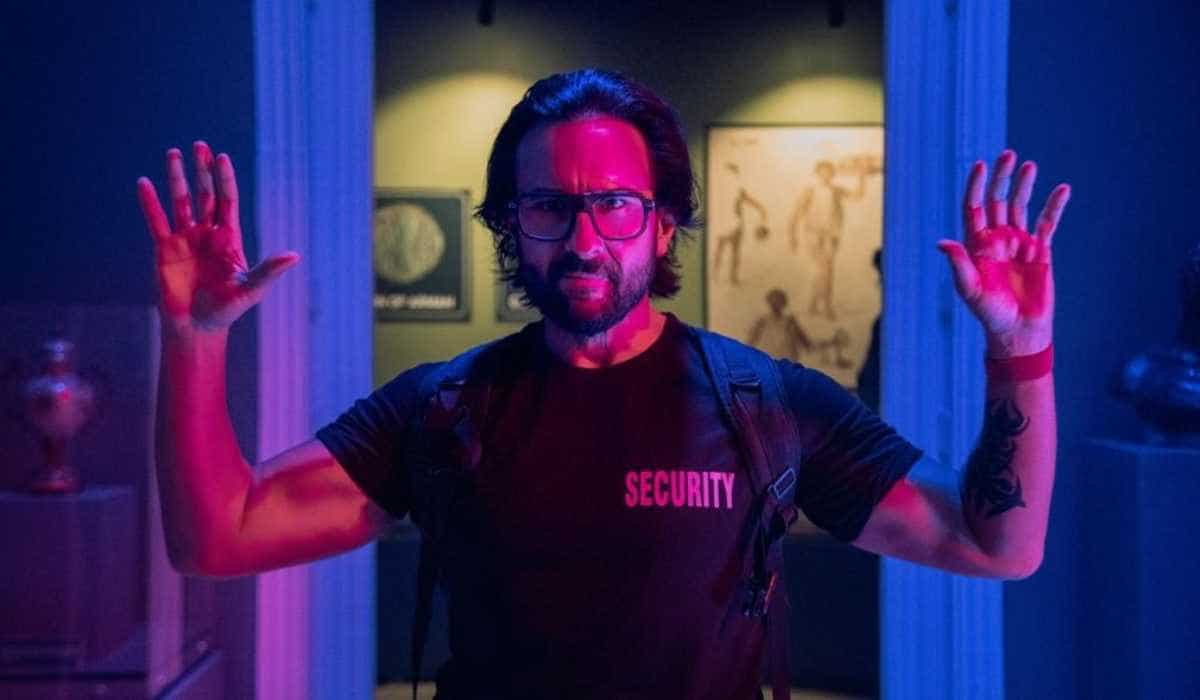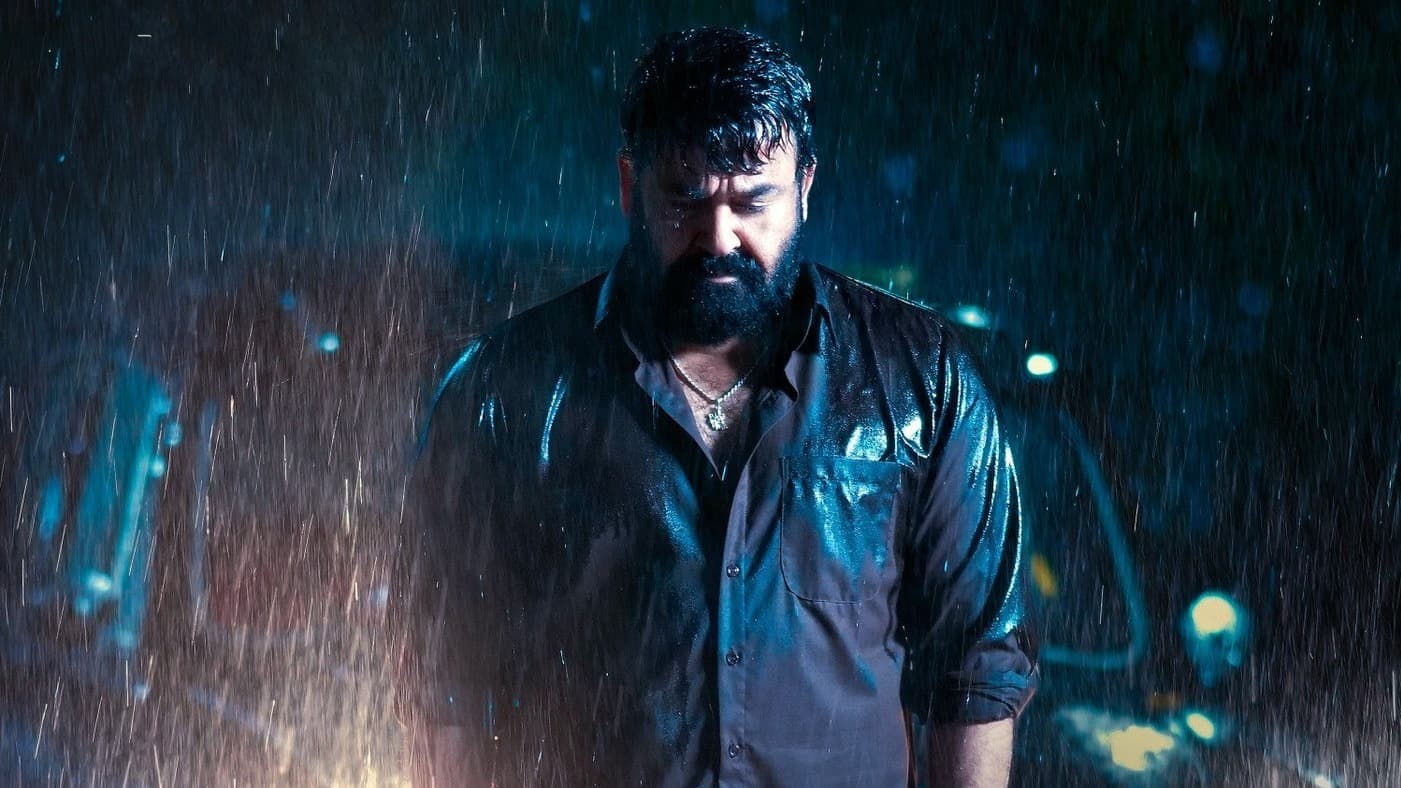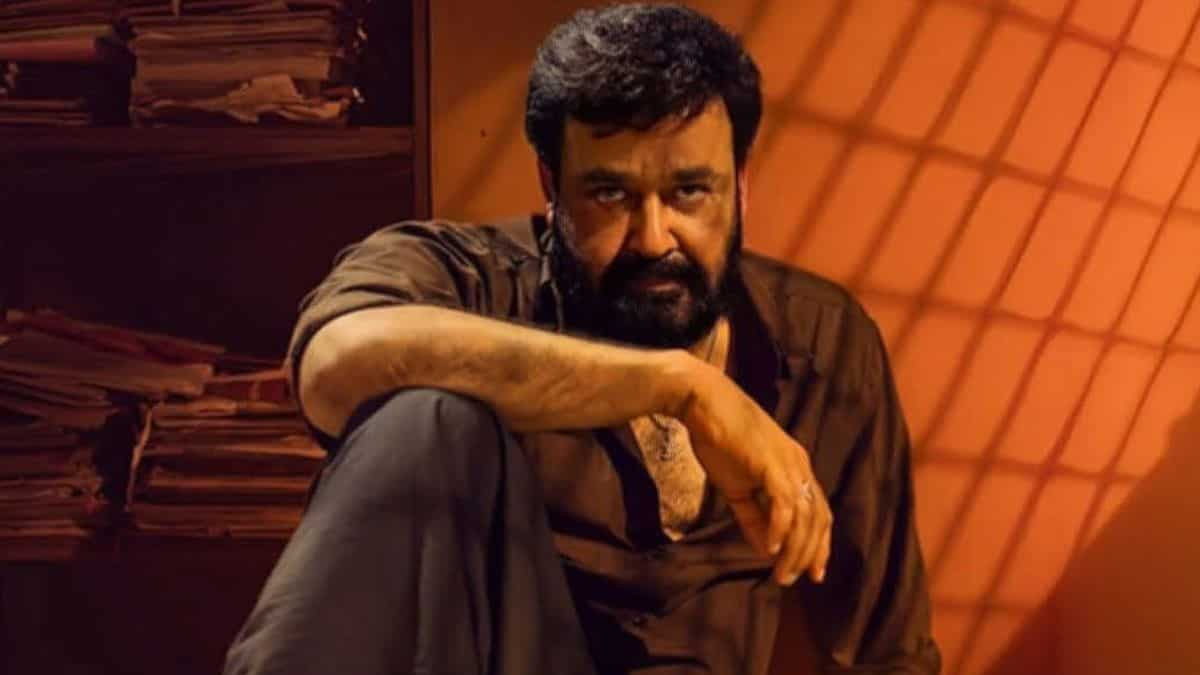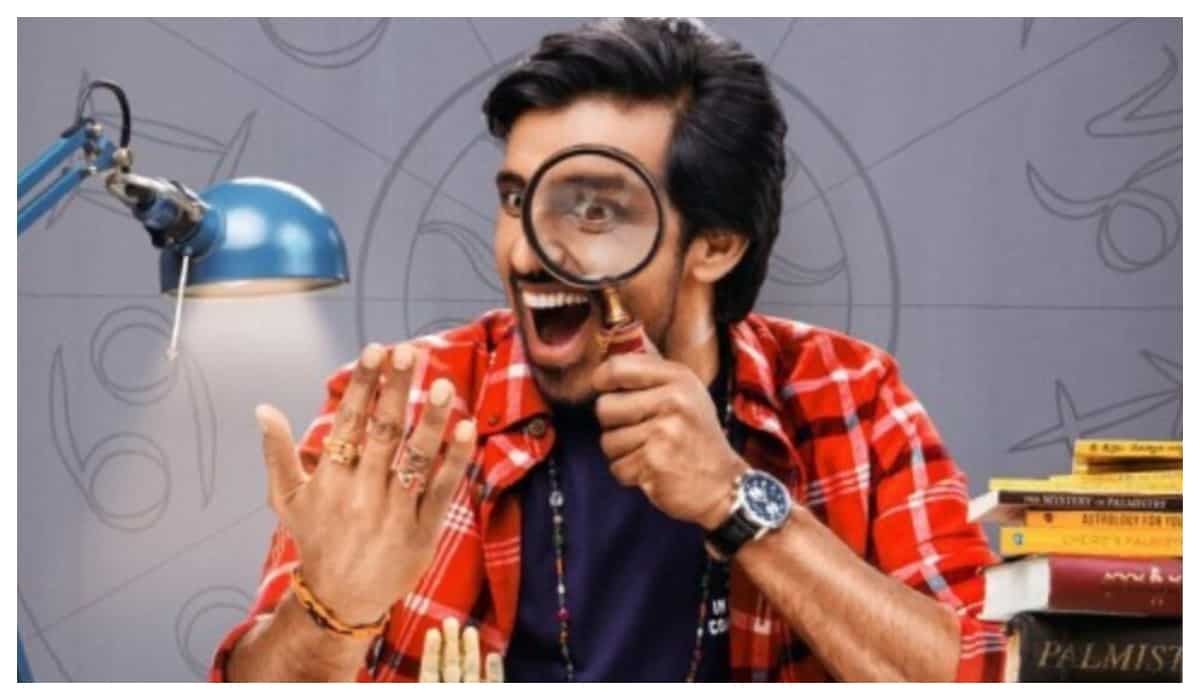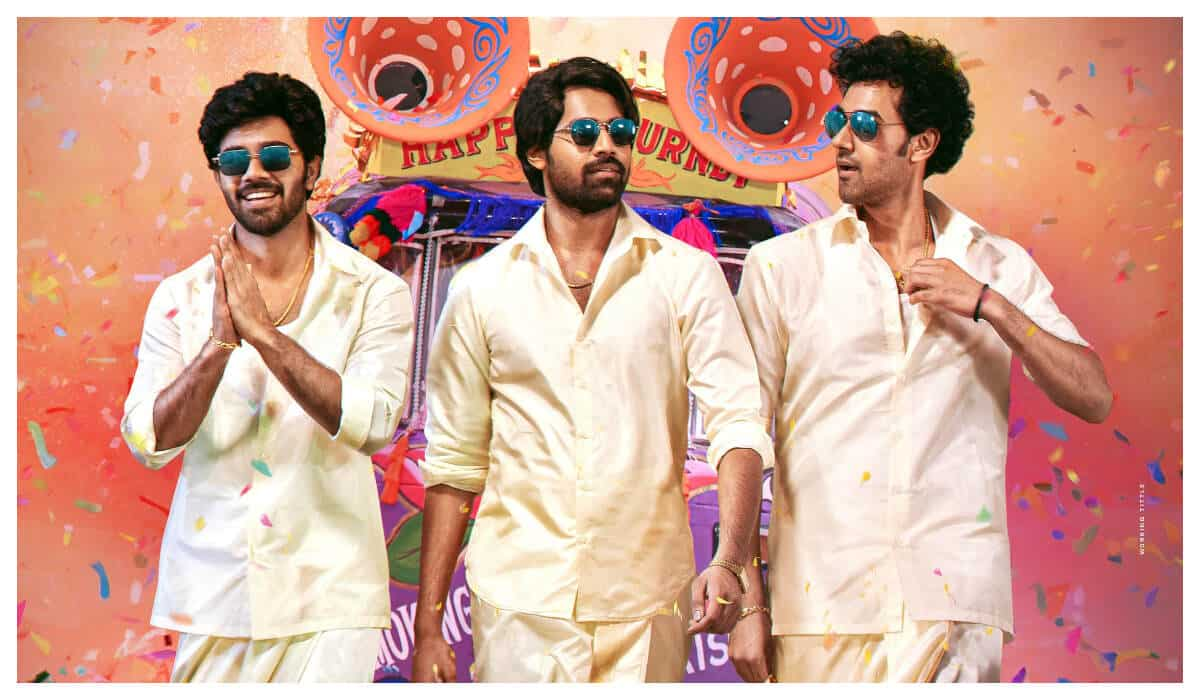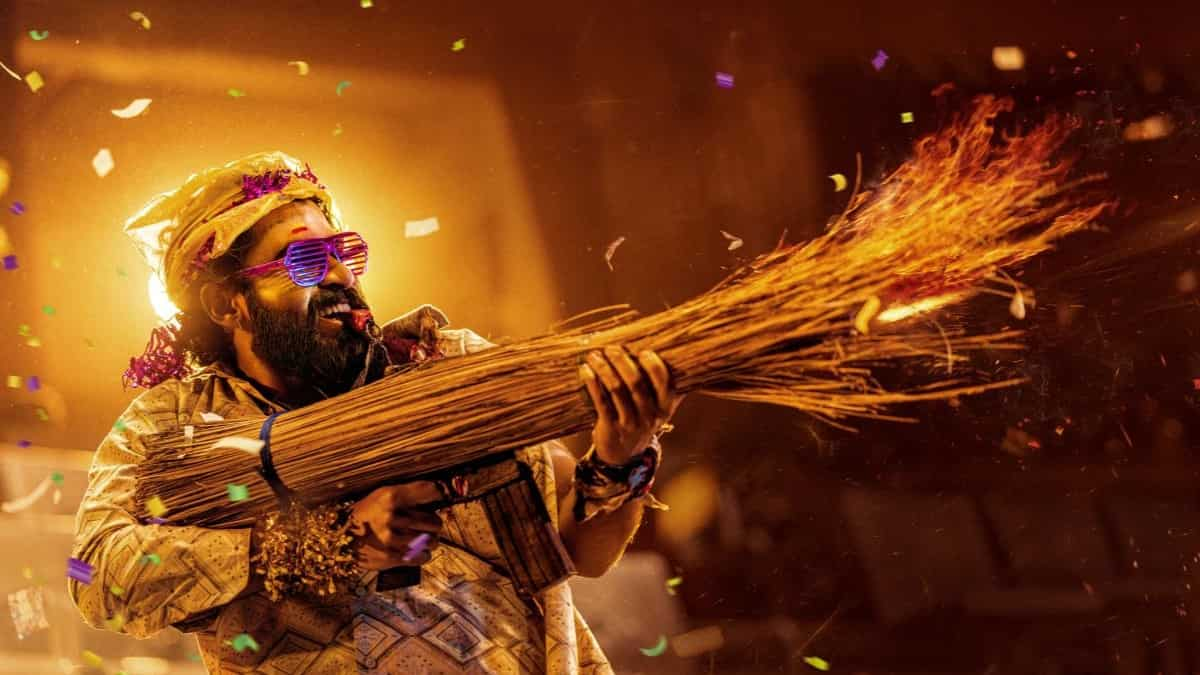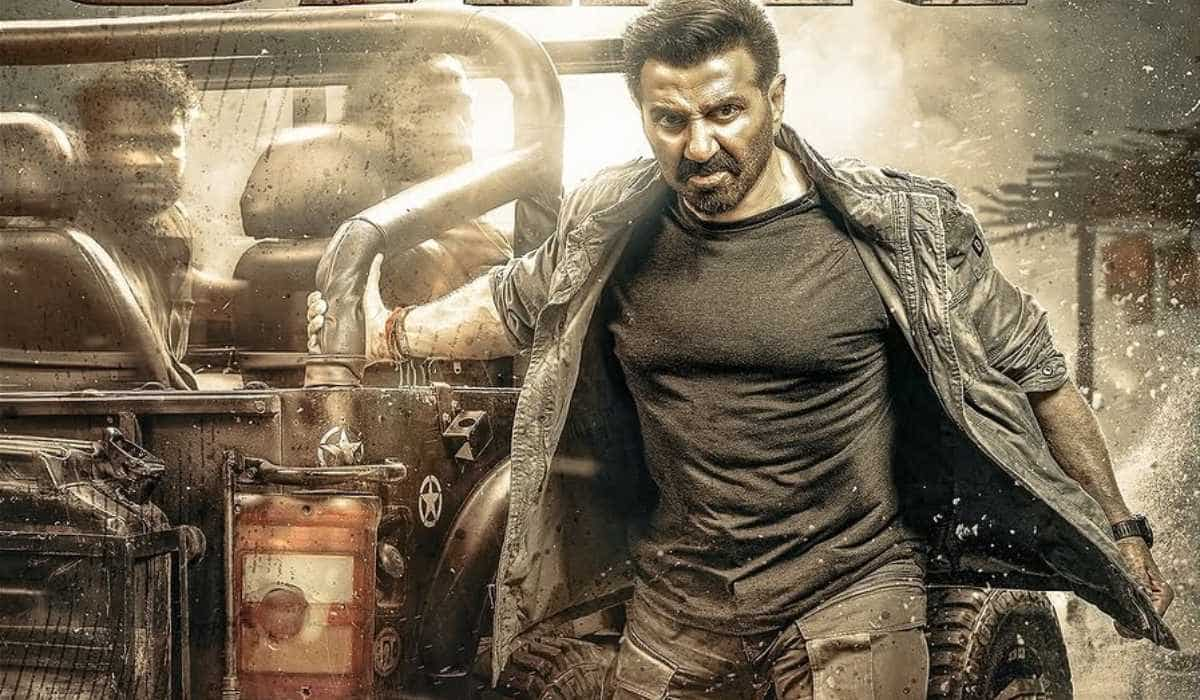
Jaat review: Sunny Deol fights for a ‘sorry’ in violent film that should say one first
15 days ago | 5 Views
Jaat story:
In the Prakasam district of Andhra Pradesh lies the small coastal town of Ramayapatnam, where the notorious criminal Varadaraja Ranatunga (portrayed by Randeep Hooda) instills terror among the residents. During his travels, Bhaskar Singh (played by Sunny Deol) encounters his team and learns about the struggles faced by the villagers. Motivated to address the rampant corruption and threats in the area, he resolves to take action. Armed with a commitment to truth and justice, he readies himself to challenge Ranatunga and his gang.
Jaat review:
Recent Indian cinema has dramatically transformed its portrayal of violence. The era of viewing shows like Game of Thrones, known for its graphic depictions of brutality against all beings, seems to have passed, leading us to believe that nothing could surpass it. When we evaluate the alignment of film content standards with both international and domestic benchmarks, it becomes evident that the script has taken a backseat; instead, violence has emerged as the primary focus.
Jaat is a film in which both the protagonist and the antagonist display such extreme brutality that it becomes challenging to ascertain who is more ruthless. The hero's reaction to the villain's actions is equally harsh, underscoring the antagonist's culpability.
The narrative opens in 2009, featuring a smuggler named Ranatunga, a resident of Sri Lanka, who pilfers gold bricks and makes his way to Andhra Pradesh. There, he bribes a police officer, quickly establishing himself as an Indian citizen. Fast forward 15 years, and we find Ranatunga, along with his wife Bharathi (Regina Cassandra) and brother Somulu (Vineet Kumar Singh), instilling fear in their village; merely meeting their gaze could result in execution.
The depiction of their atrocities is so unapologetic that it raises the question of why the filmmakers choose to blur faces post-beheading. Is the act not disturbing enough? Numerous scenes portray men being executed, women being assaulted, and children suffering trauma. This grim sequence continues for half an hour, during which a female police officer, SI Vijaya Lakshmi (Saiyami Kher), bravely attempts to confront Ranatunga but ultimately faces humiliation and abduction at the hands of his family.
There is a palpable sense that a savior is on the verge of appearing, leaving us curious about how this will unfold. While his entrance is not marked by violence, it certainly signals the onset of a significant shift. Deol enters the scene against a backdrop of images of Lord Ram, accompanied by the chants of "Jai Shri Ram." We then see him boarding the Ayodhya Express.
The protagonist steps into the realm of Lord Ram's followers, ready to confront the Lankan antagonist residing in India. Is this narrative familiar? Certainly, we are observing yet another contemporary rendition of the Ramayana that exhibits no reservations.
Each year, a new adaptation of the Ramayana graces our screens. Will we continue to endure it and accept the hidden motives behind it?
The initial segment revolves around the protagonist seeking a "sorry" after the compassionate Jaat enjoys idlis at a remote dhaba in Andhra Pradesh. He boldly requests Dal Roti first. However, while savoring the steaming idlis, a group of thugs invades the dhaba, and one of them pushes Deol, causing the idlis to tumble. He asks for forgiveness, only to be informed that apologies are worthless in this region. Consequently, he resorts to physically confronting them to demand an apology. This approach leads him to various connections, ultimately culminating in a confrontation with Ranatunga.
The idli narrative recurs so frequently that I could recite it myself, which was evidently the intention. The quest for "sorry" serves as the film's central theme, and with each instance of Deol seeking forgiveness from the antagonists, I find myself thinking he owes the audience an apology for subjecting us to this chaotic experience under the guise of entertainment.
The film introduces absurd plot twists in the latter half, which are predictable given the current political landscape. We delve into the backstories of both the hero and the villain, only to realize that the violence depicted was entirely unwarranted. It fails to deliver a compelling mass entertainer, portraying acts of violence as mere hobbies for stress relief.
Directed by Gopichand Malineni, a Telugu filmmaker making his Bollywood debut, Jaat distinctly reflects Telugu cinematic style. Throughout the film, I couldn't shake the feeling that I was watching a dubbed version of a Hindi movie.
I have no issues with the performances; Hooda's portrayal of the antagonist is both striking and frightening. It has been quite some time since I last witnessed the actor in such a role. He is complemented by Singh, who makes a notable impression as the merciless brother, his demeanor reflecting his character's ruthlessness. Additionally, Regina Cassandra was a pleasant surprise. Following her negative role in Vidaamuyarchi earlier this year, she continues to impress with a chilling performance devoid of remorse, mirroring her family's traits.
Deol, as always, takes the lead in the film, and his experience, age, and talent demonstrate that he does not take this role lightly. Fans expecting mass entertainment will certainly find satisfaction in his performance.
However, the formula of a heartless villain paired with a hero who relies solely on his "Dhai Kilo" for a strong impact is ineffective; the 80s style can only be recycled, not rejuvenated. Deol pays homage to his legacy by echoing his famous lines from Damini to Ghayal.
The film's soundtrack, composed by Thaman S., seems to be a rehash of Baby John, a fact he seemingly tried to obscure, perhaps under the impression that it would go unnoticed.
If regret is indeed the essence of this narrative, then Jaat owes its audience a multitude of heartfelt apologies.
Jaat verdict:
Jaat attempts to deliver a "Dhai Kilo" punch but results in more cringe-worthy moments than applause. It serves as a retelling of the Ramayana, leaving the audience to grapple with a chaotic spectacle masquerading as mass entertainment.
Read Also: Ajith Kumar Shines in a Stylish, Massy Fan Tribute – Good Bad Ugly Review
Get the latest Bollywood entertainment news, trending celebrity news, latest celebrity news, new movie reviews, latest entertainment news, latest Bollywood news, and Bollywood celebrity fashion & style updates!



.webp)
